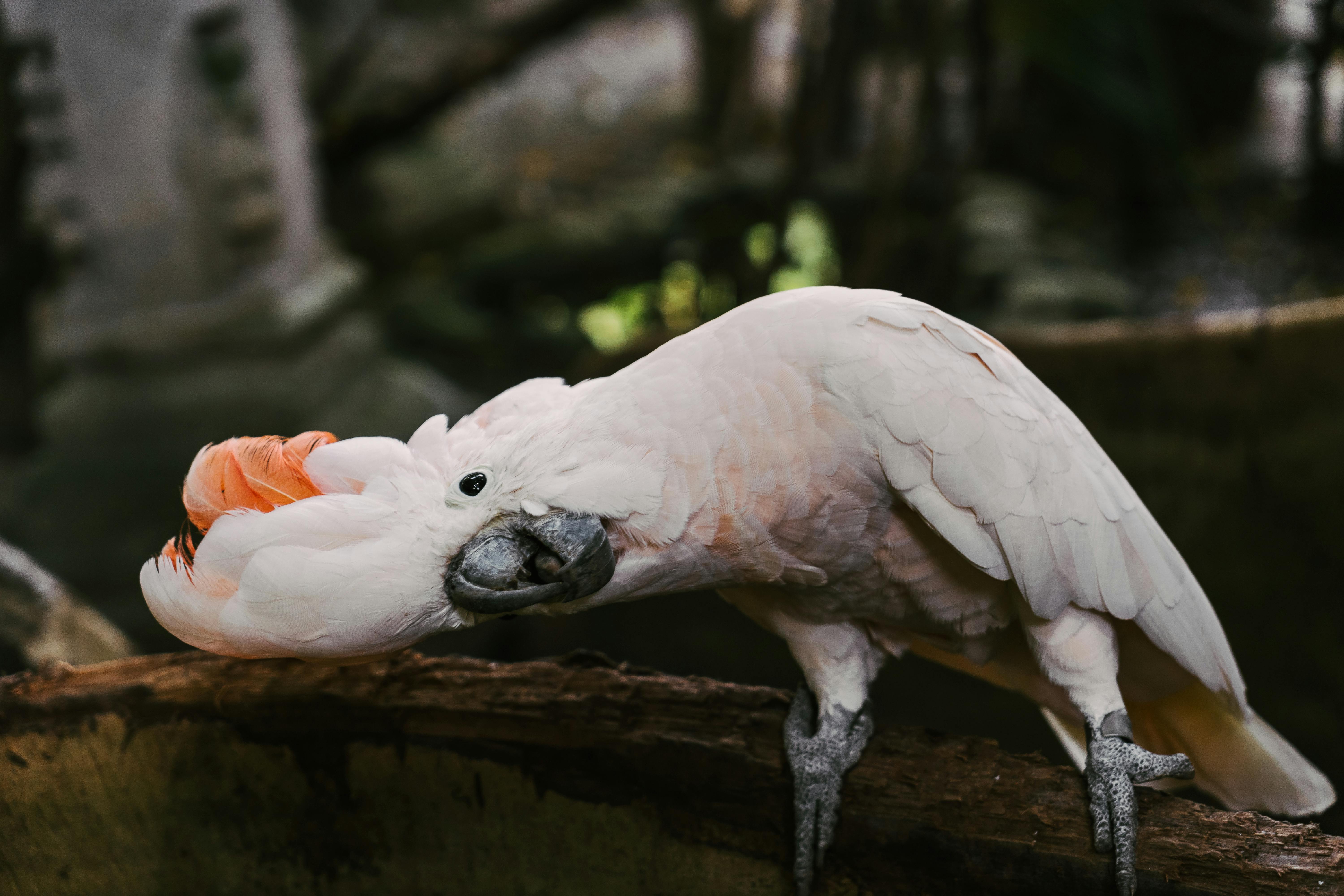Top 5 Rabbit Options for Families: The Perfect Pet for 2025
Rabbits have become increasingly popular as family pets, and for good reason. Their playful and sociable nature makes them perfect companions for children and adults alike. As we move into 2025, understanding the best rabbit options for families is crucial for ensuring that you choose a healthy and engaging pet. From care essentials to appropriate breeds, this guide covers everything you need to know about bringing a rabbit into your home.
In this article, we will explore the top rabbit breeds suitable for families, the various types of rabbit housing options, rabbit care tips, and more. By the end of this guide, you'll have a comprehensive understanding of how to effectively care for these delightful creatures. Let’s hop into the world of rabbits!
Key Takeaways:
- Discover the best rabbit breeds for families.
- Learn essential rabbit care tips.
- Understand the importance of proper housing and nutrition.
Understanding Rabbit Breeds: Selecting the Right Type for Your Family
Choosing a rabbit for your family begins with understanding the different rabbit breeds available. Each breed has its unique characteristics and needs, making it essential to consider your family's lifestyle when selecting a pet. Some of the most popular rabbit breeds for families include:
Dwarf Rabbits: Perfect for Small Spaces
Dwarf rabbits are an excellent option for families living in smaller homes or apartments. With their compact size, they easily adapt to indoor environments. Dwarf rabbits are known for their playful behavior and can be more temperamental than larger breeds, so it's vital to handle them gently.
Medium Breeds: The Perfect Balance
Medium-sized rabbits, like the English Lop or the Holland Lop, are a versatile choice for families. They typically enjoy a good balance between being playful and calm. This breed has a friendly demeanor, making them great for children and first-time rabbit owners.
Lop Breeds: Loving Companions
Lop rabbits, known for their floppy ears, have a gentle and affectionate nature. They are often very sociable and enjoy interacting with their family members. Lop breeds usually require regular grooming, so be prepared to invest time in rabbit grooming services to keep them healthy and comfortable.
Understanding the different rabbit breeds helps you select the one that best fits your family dynamics. With the right knowledge, you'll be on your way to finding your perfect furry friend.
Next, let’s look at how to create an ideal living environment for your new pet and what rabbit supplies are necessary.
Essential Rabbit Housing: Creating Comfortable Environments
Providing proper housing for your rabbit is crucial. A comfortable environment can significantly improve their health and happiness. When setting up a rabbit habitat, consider the following aspects:
Indoor Housing: Making the Most of Your Space
Indoor rabbits thrive in environments where they can explore and play safely. Rabbit exercise pens are a great option to give them space to roam. Use materials that are chew-proof and easy to clean. It's also important to ensure that the area is free from hazards such as electrical cords or small objects.
Outdoor Housing: Safety First
If you plan to house your rabbit outdoors, ensure you have a secure rabbit hutch. The hutch should be weatherproof and well-ventilated. Additionally, create a safe outdoor space for your rabbit to enjoy fresh air and sunshine while remaining protected from predators. Incorporate rabbit-friendly plants for enrichment and safety.
Creating a Cozy Environment
To keep your rabbit happy, include bedding materials, toys, and chew items to promote mental stimulation. Rabbit-safe chew toys are critical, as they keep your pet entertained and prevent destructive behavior. Regularly inspect their habitat to ensure it's clean and safe, which contributes to their overall rabbit health.
With proper housing established, it’s time to focus on nutrition and rabbit care practices that ensure a happy and healthy pet.
Nutrition and Rabbit Care: Ensuring Healthy Growth
Proper nutrition is key to keeping your rabbit healthy. As herbivores, rabbits require a specific diet that consists mainly of hay, fresh vegetables, and a small number of pellets. Here’s how to provide optimal nutrition:
Rabbit Diet Essentials
The cornerstone of a rabbit's diet is high-quality hay, which aids in digestion and helps keep teeth healthy. Timothy hay is a popular choice among rabbit breeders. Fresh vegetables, such as leafy greens, should be offered daily. Limit treats, like fruits, to small amounts to prevent obesity.
Rabbit Feeding Practices
Feed your rabbit at specific times, following a consistent schedule. Fresh water should always be available, and you may want to use water bottles or bowls depending on your rabbit's preferences. Understanding rabbit behavior can also help you detect any changes in eating habits, which may indicate health issues.
Monitoring Rabbit Health
Regular vet visits are essential for keeping your rabbit healthy. Make sure they receive vaccinations, and be proactive in recognizing signs of common rabbit diseases. Investing in rabbit insurance can provide peace of mind in case of unexpected health issues.
Proper care directly affects your rabbit's well-being, leading to a long and happy lifespan. With nutrition covered, we will now delve into training and socialization tips for enhancing your relationship with your pet rabbit.
Training and Socializing Your Rabbit: Building Bonds
Training your rabbit is essential to cultivate a strong bond and ensure positive behavior. Understanding rabbit vocalizations and behavior can enhance your pet ownership experience.
Basic Training Techniques
Start with simple commands and rewards to establish trust and communication. Utilize healthy rabbit treats as motivation while teaching commands like “come” or “stay.” Positive reinforcement is key to successful rabbit training, focusing on rewarding desired behaviors.
Rabbit Socialization: Encouraging Interaction
Rabbits are social animals, and it’s important that they feel comfortable around family members. Socialization may involve gentle handling, gradual introductions to new settings, or other pets. Monitor their behavior closely to ensure they are not stressed and are enjoying the interaction.
Understanding Rabbit Behavior
Each rabbit has a unique personality, so observing their behavior is essential. Recognizing signs of stress or anxiety will allow you to create a more comfortable environment for your pet. Learning about their social needs and preferences can help prevent behavioral issues in the future.
With effective training and socialization, you are on your way to forming a lasting bond with your rabbit. Next, let’s take a closer look at costs associated with rabbit ownership and tips for being a responsible rabbit owner.
Cost of Owning a Rabbit: Budgeting for Care
Before choosing to welcome a rabbit into your family, it’s important to understand the costs associated with their care. Owning a rabbit comes with various expenses, such as setup costs and ongoing care requirements.
Initial Setup Costs
Initial costs can vary based on supplies, housing, food, and vet visits. For example, you’ll need to budget for a rabbit hutch or indoor pen, rabbit food, bedding, litter, toys, and basic health care. Investing in high-quality rabbit supplies upfront can save money in the long run by preventing health problems.
Ongoing Costs and Rabbit Insurance
Ongoing costs include fresh food, hay, litter, and regular vet bills, including check-ups and vaccinations. Additionally, rabbit insurance can help offset the costs of unexpected health issues. Budgeting effectively ensures your rabbit receives proper care throughout its life.
Long-Term Commitment
A rabbit’s lifespan can range from 8 to 12 years, depending on various factors, including breed and care. Understanding the long-term commitment helps you gauge if your family is ready to welcome a rabbit into their lives. Regular expenses, health care, and time investment are crucial aspects of responsible rabbit ownership.
With a clear overview of costs and commitment, you’ll be better positioned to make informed decisions regarding your family's new rabbit companion. To summarize, let’s address some common questions that new rabbit owners may have.
Q&A: Common Questions About Rabbit Ownership
1. **What are the best rabbit breeds for first-time owners?**
For first-time owners, medium-sized breeds like the Holland Lop or English Lop are great choices due to their friendly disposition. Dwarf breeds also work well in smaller living spaces.
2. **How can I provide my rabbit with enough exercise?**
Regularly provide your rabbit with supervised playtime outside of their hutch or pen. Utilizing rabbit exercise pens or safe outdoor spaces encourages natural behaviors and physical activity.
3. **What should I consider before adopting a rabbit from a shelter?**
Be sure to assess the rabbit's health, temperament, and special needs before adopting. Additionally, consider your family's lifestyle and whether you can accommodate the rabbit's requirements.
4. **What do I need for rabbit grooming?**
Basic grooming tools include a brush, nail clippers, and rabbit-safe shampoo. Regular grooming helps prevent matting and supports overall hygiene.
5. **How do I manage rabbit behavior issues?**
Identifying the root of behavior issues, such as stress or boredom, is key. Providing enrichment, training, and a secure environment can help improve behavioral challenges.
Becoming a responsible rabbit owner involves understanding the different breeds, proper care, and creating a suitable environment for your new pet. By committing to these practices, you will enhance your family’s experience with your rabbit companion.


